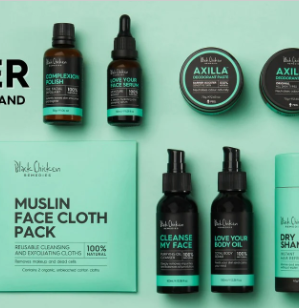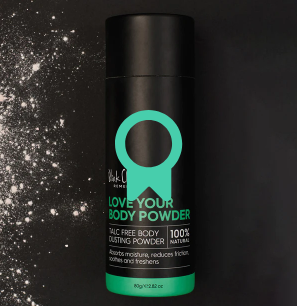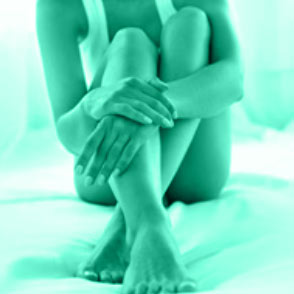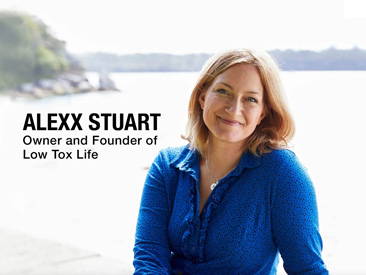We all know the feeling of sleep deprivation. It takes its toll on our mind and body – it’s difficult to concentrate, your eyes burn, and moving can feel like dragging around a sack of potatoes. We’ve all been there, and I for one cannot function without consistent and quality sleep.
As the biggest organ, our skin bears the brunt of the lack of quality sleep and the absence of a good nighttime skincare routine. View our sleep aid products.
“Beauty sleep” is more than just an old adage. There’s so much truth to it, and it’s something that’s taken a particular interest to me as someone who actively seeks natural and healthy ways to defy ageing and promote optimal health.
WHAT HAPPENS TO OUR SKIN WHEN THE LIGHT GOES OUT?
Although we are creatures of the day, our skin does its best work at night. It’s most active in rejuvenating and restoring skin cells when we are in deep sleep. This is why ‘rest’ is the most important medicine when we’re unwell. Sleep provides the ideal time for the body to get to work on restoring and healing itself.
But there’s a whole host of other things that happen after dark. Let’s take a closer look…
Circulation increases
As we drift off to sleep, our body temperature drops by about half a degree. As this happens, the circulatory system kicks into gear and starts to increase blood circulation, which means that nutrients are transported to vital organs, including the skin. So it’s the perfect time to give it some added nutrition (in the form of nighttime skincare, more on this below). View our sleep aid products.
Skin turns up the heat
Our core body temperature may be cooler at night, but our skin temperature actually warms up! This is why our skin feels warm when we wake, and this increase in temperature also means that skin can absorb more and is more permeable. It’s like a sponge and it will welcome added moisture in the evening hours. Read about why your skin becomes drier in winter.
Cell production goes into overdrive
In the initial stages of deep sleep, we’re also primed to produce collagen, a vital component for rebuilding and supporting skin’s resilience and structure. Collagen promotes cell reproduction and so as we sleep, our skin is working hard to restore itself and reduce free-radical damage. It’s the best time to get the most out of our anti-ageing efforts.
Moisture loss
Our skin is also prone to dehydration while we sleep. During the day, we tend to stay hydrated and thirst signals us to drink more water. However, while we sleep we can’t drink water. We’re able to sleep without having to rehydrate, and your body will prioritise sleep over hydration. But this means that skin can become quite dehydrated.
In an earlier post I talked about how our skin is our biggest organ, yet it is last to receive available water. Vital organs will receive water first, so when the body is deficient in water, our skin suffers.
Reduced threat of pathogens
During the day, your skin is literally defending itself from foreign pathogens and UV rays – it’s always on guard, so its priority is to fight off potential threats and ensure that it can protect against bacteria, pollutants and toxins that may otherwise be absorbed into the blood stream. Nighttime is the only time that the skin microbiota (our skin flora) can be “off duty”. When this happens, your skin switches from its day duties of pathogen fighting, to its night duties of rejuvenating and restoring.
Circadian cycle kicks in
Melatonin is the hormone responsible for regulating our sleep patterns and readying the body for sleep. It signals our body to start to wind down, and at the same time, it also signals the body to commence restoration. So as you start to feel sleepy, your skin starts to prepare for rejuvenation.
In winter we love to get out there whenever the sun appears, but low temperatures can often make us less aware of its harmful effects. Just because we don’t feel the heat or the burn, doesn’t mean we don’t need strong protection. Sun damage can lead to permanently thinner skin, unable to maintain its moisture levels.


















